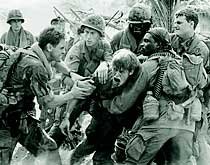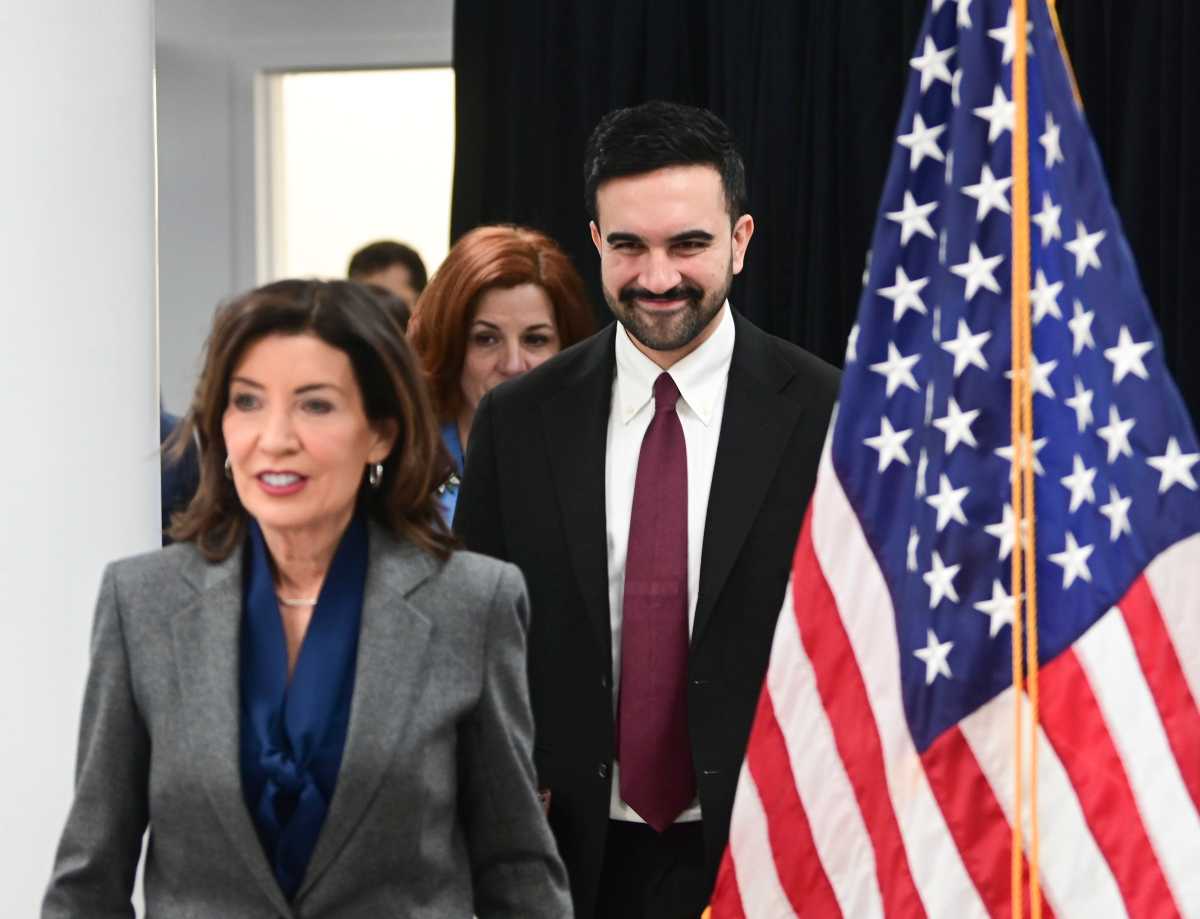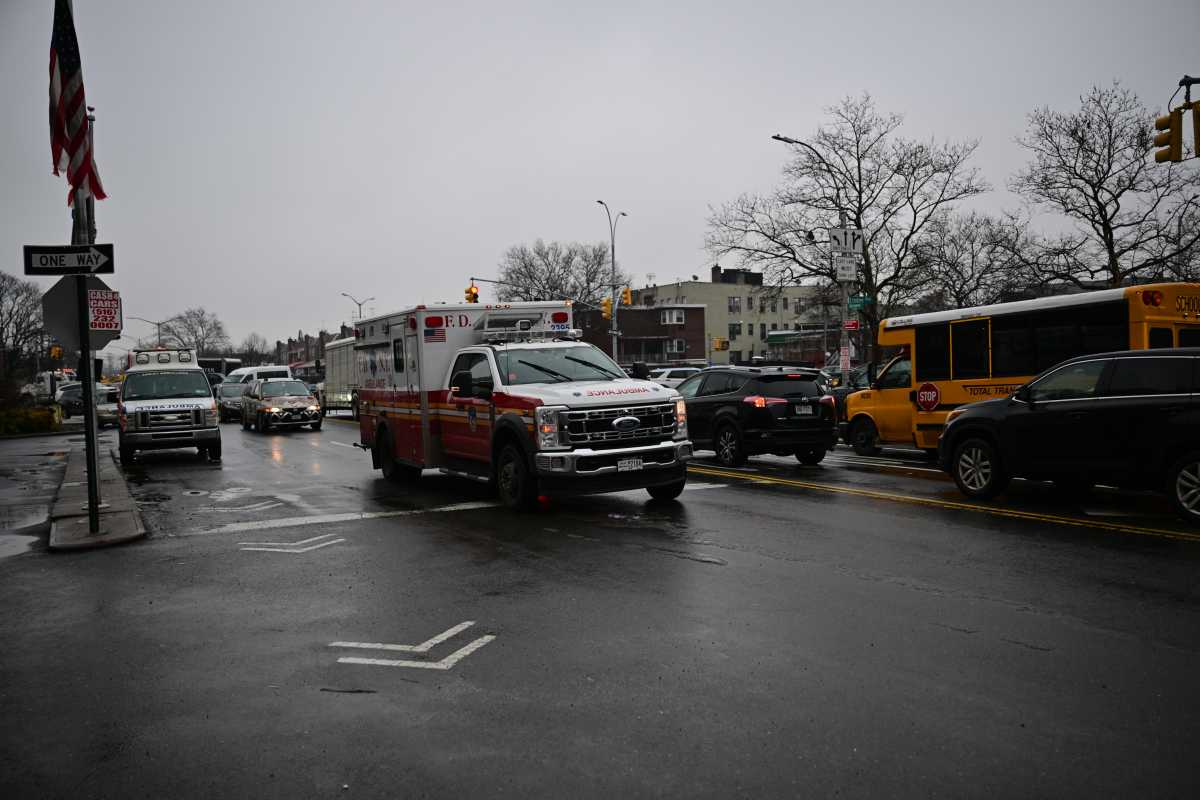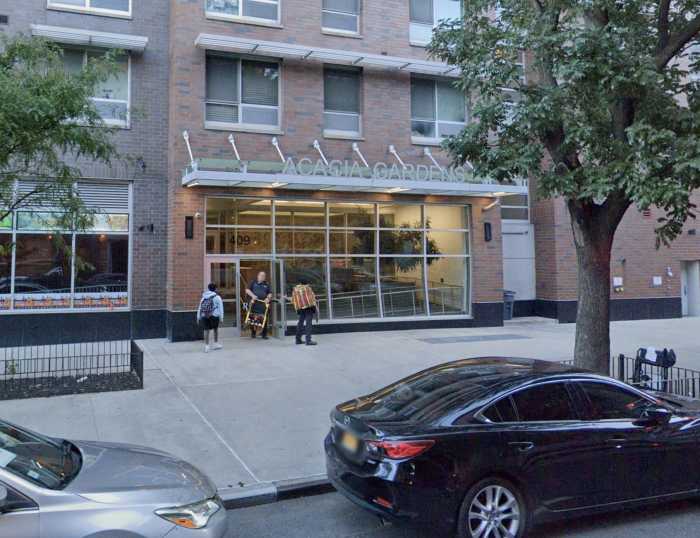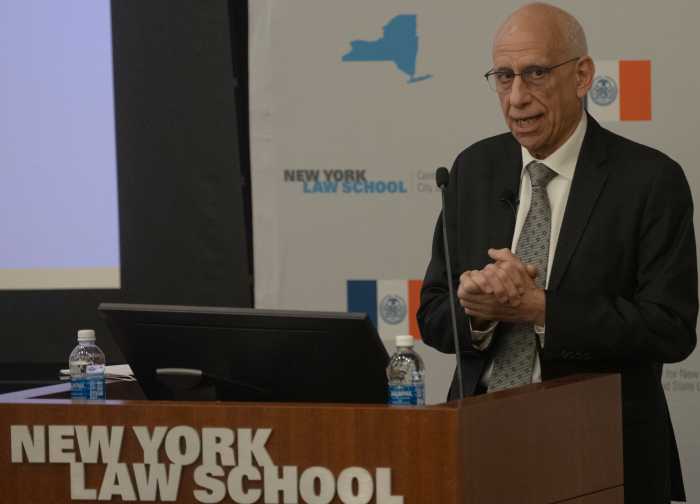The Vietnam War was the first conflict
fought in the full glare of cameras – not only still photographers,
who had first chronicled the Civil War, but also television news
crews, brought the war into the homes of millions, eventually
helping to turn the tide against our beleaguered involvement.
Side by side with journalistic coverage of Vietnam were the
movies. Right from the beginning, documentary and feature filmmakers
found fertile ground in this many-sided war, of which the month-long
series "From Hanoi to Hollywood: The Vietnam War on Film"
(Nov. 1-30 at the BAMCinematek), provides a vivid reminder.
As the program notes state, "From Hanoi to Hollywood"
is only a selective program. The war compelled so many diverse
artists to present their stories and viewpoints that a comprehensive
series would run many months.
Headlining the series are several seminal feature films that,
for better or worse, are what most people remember about that
era. First, there was the initial wave of Hollywood-ized versions
of the war, starting in the late ’70s.
Three of those features were released in 1978: "Go Tell
the Spartans" (Nov. 17), a sober fictionalization of U.S.
adviser involvement prior to the war’s escalation; "Coming
Home" (Nov. 8), which won Oscars for Jane Fonda and Jon
Voight, starring in the first glimpse at what returning soldiers
dealt with; and "The Deer Hunter" (Nov. 3, Nov. 23),
Michael Cimino’s Oscar-winning Best Picture, an epic vision of
how distant war destroys close-knit lives, friendships and communities.
Lost in the shuffle when it appeared early in 1979, Milos Forman’s
adaptation of the Broadway musical "Hair" (Nov. 28,
Nov. 29) seemed too little, too late in its idealized vision
of ’60s flower children; seen now, it’s a quaint but valuable
relic of a bygone era, with an unexpectedly touching climax.
When Francis Ford Coppola’s "Apocalypse Now" was finally
unveiled at Cannes in May 1979, it was anticlimactic: psychologically
and philosophically murky if visually splendid, often making
war look beautiful. Coppola’s confused take on Joseph Conrad’s
"Heart of Darkness" at least tried something grandiose,
a fact borne out by the 2001 re-release, "Apocalypse Now
Redux" (Nov. 30), over an hour longer and more grandiose,
but no more satisfying.
Hollywood’s second wave of ’Nam films, in the mid-’80s, was
led by Oliver Stone’s "Platoon" (Nov. 2), which won
the 1986 Best Picture Oscar. Stone’s ability to convey warfare
with immediacy and passion spoke to audiences unwilling to search
for deeper meanings and metaphors, and Stone followed that with
1989’s more adventurous "Born on the Fourth of July"
(Nov. 27), an honest attempt to present the entire Vietnam experience
– before, during and after the war – through one character, outspoken
activist-veteran Ron Kovic (Tom Cruise).
Stanley Kubrick’s masterly "Full Metal Jacket" (Nov.
10, 11) is set during Vietnam, but its brutal dissection of how
the military breaks down young men and rebuilds them as efficient
killing machines is a scathing indictment of all war. Matthew
Modine – who will be present for a Q&A following the 7 pm
showing on Nov. 10 – makes a haunting transformation from decent,
affable young man to soulless murderer.
Also compelling viewing are the documentaries, where many outspoken
war critics committed their beliefs to celluloid.
Emil de Antonio’s 1969 "In the Year of the Pig" (Nov.
5) traces the roots of American involvement in Southeast Asia
to award-winning and vastly influential effect: it became the
cinematic Bible for many in the quickly burgeoning anti-war movement.
And 1971’s "Basic Training" (Nov. 14) is another clear-eyed
Frederick Wiseman study of traditional Americana, its blandly
descriptive title belying its value as an historical and social
document.
One of the greatest documentaries ever made, Peter Davis’ "Hearts
and Minds" – which won the 1974 Best Documentary Oscar –
is a searing, powerful experience that places side by side U.S.
cultural indifference to the Vietnamese and our military arrogance,
both of which led us into the quagmire, just like the French
before us. Davis will present a Q&A after the 6:30 pm screening
on Nov. 15.
In these politically and morally ambiguous times, seeing how
fictional and documentary filmmakers approached the equally troubling
complexities of what was one of our darkest hours is a way to
reflect on our own possible future … or will we be doomed to
(again) repeat history?
"From Hanoi to Hollywood: The
Vietnam War on Film" runs Nov. 1-30 at the BAMCinematek,
30 Lafayette Ave. Several Q&As and director or actor appearances
are scheduled. Call (718) 636-4100 or visit www.bam.org on the
Web for tickets and further information.


